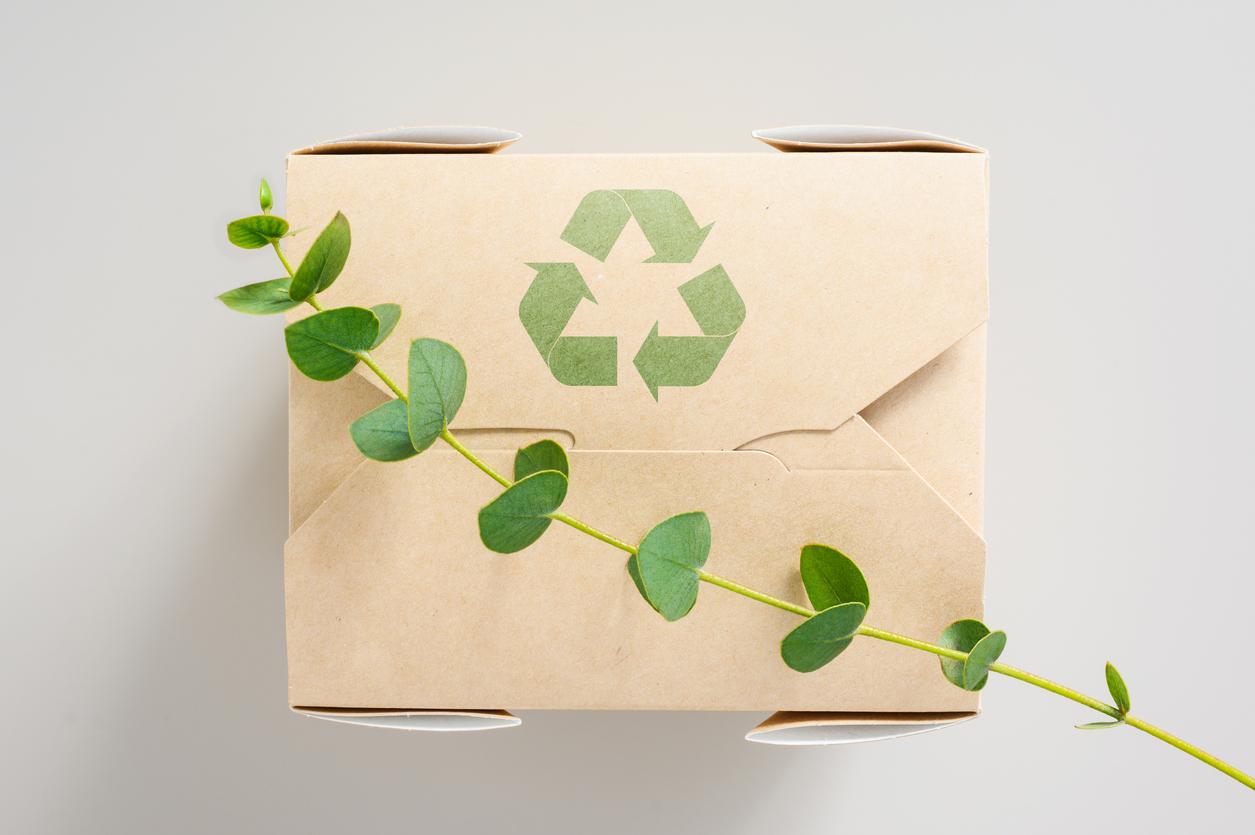Disponible en anglais seulement
In this episode of Sustainability Leaders, Issam Majeed, Managing Director of Diversified Industries, BMO Corporate Finance sat down with Anil Abrol, Founder and CEO of Eco Guardian. Eco Guardian has been helping lead the way in sustainable packaging for the last 20 years and is at the forefront of the fight against environmental degradation, specializing in organic and eco-friendly products designed to minimize waste and pollution.
Listen to our ~15-minute episode
Sustainability Leaders podcast is live on all major channels, including Apple and Spotify
